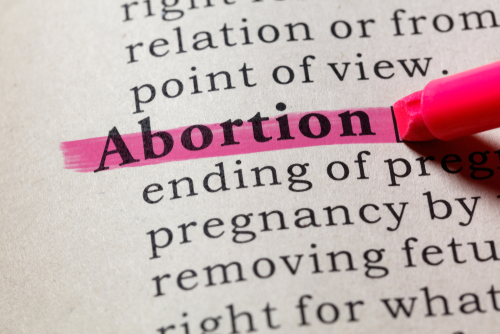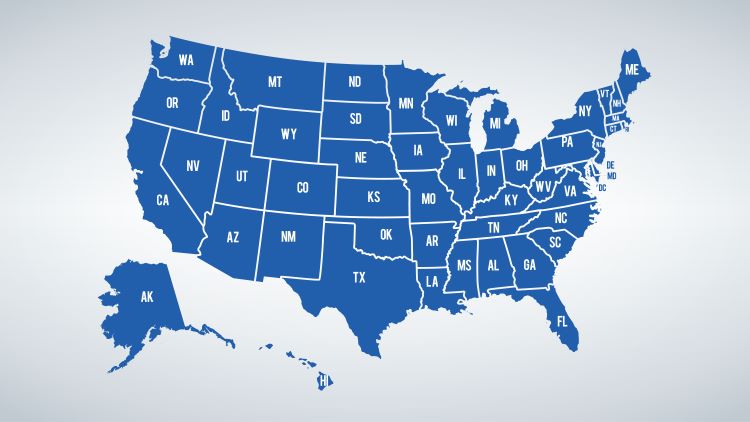As 2 top state courts allow abortion limits, court filing says a third can’t stop sale of abortion pills

Images from Shutterstock.
A generic drugmaker said in a June 30 legal filing Mississippi can’t stop sales of its abortion pill, and its case is even stronger after the U.S. Supreme Court overturned the right to abortion.
GenBioPro Inc. made the claim in a 2020 lawsuit contending that Mississippi’s ban on telehealth abortions illegally preempted the authority of the U.S. Food and Drug Administration, report Reuters and Vox. GenBioPro makes the generic drug mifepristone.
One of GenBioPro’s lawyers, Ken Parsigian of Latham & Watkins, told Politico that the company plans to challenge abortion-medication restrictions in other states, as well. He did not name the states where legal action is planned.
The new legal filing in Mississippi is a response to a call by U.S. District Judge Henry Wingate of the Southern District of Mississippi for written responses on the impact of the Supreme Court’s June 24 decision in Dobbs v. Jackson Women’s Health Organization, which overturned Roe v. Wade in a challenge to Mississippi’s ban on most abortions after 15 weeks of pregnancy.
 Related article from ABAJournal.com: “What are abortion trigger laws, and where do they stand?”
Related article from ABAJournal.com: “What are abortion trigger laws, and where do they stand?”
Mississippi also had a trigger law banning abortions if Roe is overturned, with exceptions for rape, incest and to save the life of the mother, according to this Politico story. That is scheduled to take effect July 7, absent judicial action, the Mississippi Free Press reports. A pending lawsuit claims that the Mississippi Constitution protects the right to abortion.
GenBioPro said in its legal filing its suit is based on the supremacy clause and the commerce clause, rather than the 14th Amendment. Dobbs had held that the 14th Amendment didn’t protect the right to abortion.
“As GenBioPro pleaded, Mississippi’s current restrictions on mifepristone already upset the balance the FDA struck between risk mitigation and ensuring access to a safe and effective medication,” GenBioPro said in its legal filing. “A ban [under the trigger law] would further distort that balance and run farther afoul of the supremacy clause.”
The document also pointed to a recent statement by U.S. Attorney General Merrick Garland, in which he said states may not ban mifepristone “based on disagreement with the FDA’s expert judgment about its safety and efficacy.”
GenBioPro filed its new document the same week that the top state courts in Texas and Ohio allowed abortions restrictions to take effect. Reuters has the story on those decisions.
The Texas Supreme Court allowed the state’s abortion ban to be enforced civilly but not criminally. The Ohio Supreme Court allowed the state to enforce a 2019 ban on abortions after about six weeks of pregnancy.
See also:
ABAJournal.com: “Abortion ruling by Supreme Court sparks closer scrutiny of substantive due process”
ABAJournal.com: “Litigation over abortion bans begins at state level; judges block laws in 5 states”
Write a letter to the editor, share a story tip or update, or report an error.



